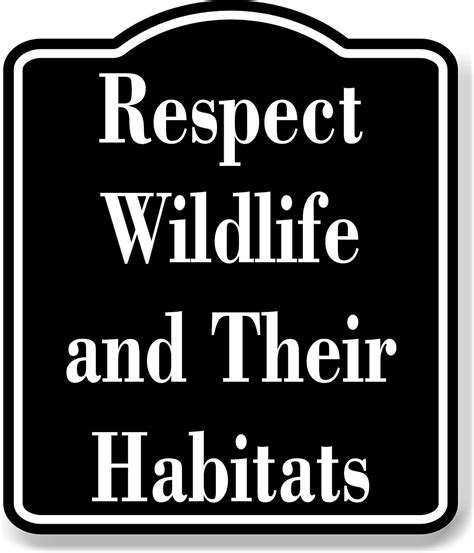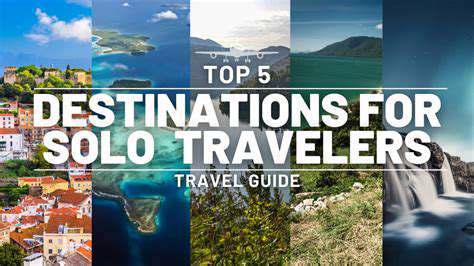Guide to Responsible Wildlife Tourism
Understanding Your Motivations
Before embarking on any wildlife experience, it's crucial to reflect on your motivations. Are you seeking a purely recreational experience, or do you have a deeper desire to learn about and appreciate the natural world? Understanding your reasons for wanting to interact with wildlife will help you make informed decisions about which experiences align with your values and contribute to conservation efforts. A genuine interest in conservation, not just fleeting curiosity, should be a key element in your choice.
Consider the potential impact your presence might have on the animals and their environment. Do you want to support local communities and their sustainable livelihoods? Are you passionate about witnessing the beauty of these creatures in their natural habitat, or are you primarily interested in taking photos for social media? The answers to these questions will help you choose experiences that respect the animals and their habitats.
Identifying Reputable Operators
Not all wildlife experiences are created equal. Thoroughly researching tour operators and guides is paramount. Look for organizations that prioritize ethical practices, sustainable tourism, and conservation efforts. Read reviews from other travelers, and investigate the operator's commitment to responsible wildlife handling and habitat protection. Transparency regarding their conservation efforts and partnerships should be a key factor in your decision.
Inquire about the size of the groups they handle. Smaller groups often have a much less impactful footprint on the animals and the environment. Verify the operator's experience and qualifications, ensuring they possess the necessary knowledge and skills to interact responsibly with the wildlife. A commitment to the well-being of the animals should be evident in their operational practices.
Assessing the Impact on Animals and Habitats
A critical aspect of choosing responsible wildlife experiences involves evaluating the potential impact on the animals and their habitats. Consider the methods of interaction. Does the experience involve close encounters or simply observing from a distance? Are the animals being disturbed or stressed by the presence of tourists? Responsible wildlife tourism should minimize any negative impacts on the animals and their natural surroundings.
Evaluating the Community Benefits
Responsible wildlife experiences often involve interactions with local communities. Consider the economic benefits the experience brings to these communities. Do the operators support local businesses and provide employment opportunities for local people? Does the experience contribute to the preservation of local culture and traditions? Look for tours that prioritize fair wages and ethical labor practices, and ensure that the communities are directly benefiting from the tourism.
Understanding Conservation Efforts
A crucial element of responsible wildlife tourism is supporting conservation initiatives. Look for operators who actively participate in conservation efforts, such as habitat restoration, anti-poaching initiatives, or wildlife research. Do they contribute financially to these projects or partner with local conservation organizations? Research the specific conservation projects the operator is involved in and ensure they align with your values.
Consider whether the experience provides educational opportunities for visitors to learn about conservation issues and how they can contribute to these efforts. Seek out tour operators who offer meaningful engagement with conservation, not just a superficial interaction with the animals.
Prioritizing Safety and Ethical Interactions
Safety is paramount in any wildlife experience. Ensure that the operator has a robust safety plan in place to protect both the visitors and the animals. This includes having trained personnel, clear safety guidelines, and emergency protocols. Familiarize yourself with the potential risks associated with the specific wildlife you plan to interact with and ensure you are aware of the proper protocols.
Ethical interactions with wildlife are crucial. Respect the animals' space and avoid any actions that may cause them distress or harm. Follow the guidelines and instructions provided by the operator, and avoid touching or feeding wild animals unless specifically allowed. Remember that wildlife should be observed from a respectful distance, and their natural behaviors should be appreciated.













